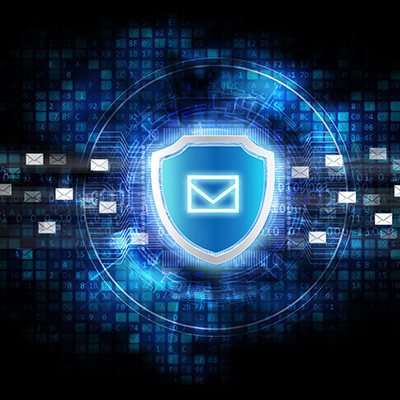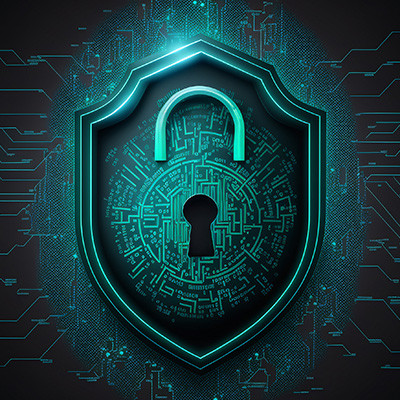- You are here:
-
Blog

-
Hamed Rahimi

- All You Need to Know Before Buying a Computer, Part III
ImageSys LLC Blog
Deciding to upgrade your Point of Sale (POS) system isn't always a choice businesses willingly make, often due to the challenges faced during the initial implementation and the subsequent learning curve for employees. However, like any other business computer, regular updates are crucial for ensuring optimal efficiency in handling customer demand.
It’s easy to think of email as something that just works. You open up Outlook or log into Gmail and your mail is there. Most people aren’t even aware of the vast, complex set of systems required for email to even work—and we don’t blame you. It’s extremely complicated.
That being said, if nobody is actively managing your email, providing protection for the underlying technology, and making sure that it was and remains configured properly, it’s possible that your email could be working fine while opening you up for unseen threats.
Cybercriminals aren’t looking to play fair against businesses. They don’t care how big or small you are, they don’t care about what services you provide, or what good you offer for the community. You could be a children’s hospital or a single mother selling homemade mittens out of your dining room, you could be a school, an assisted living facility, or a Fortune 500. Either way, your organization is an equally viable target for cybercriminals.
Technology is constantly evolving and shaping the way we do business. From artificial intelligence to virtual reality, these advancements have the potential to revolutionize industries and drive success. However, not all technologies are met with open arms. In fact, some technologies are met with controversy and skepticism. In this article, we will explore some of the most controversial business technologies and the impact they have on the market.




